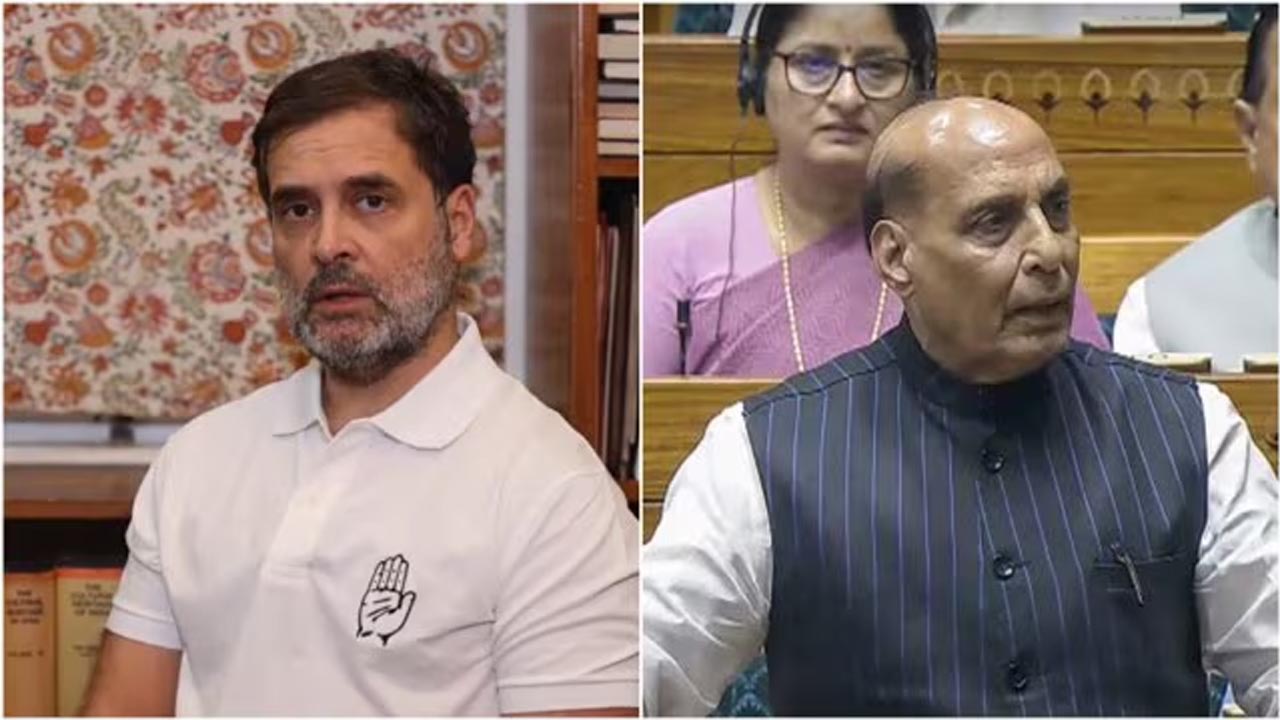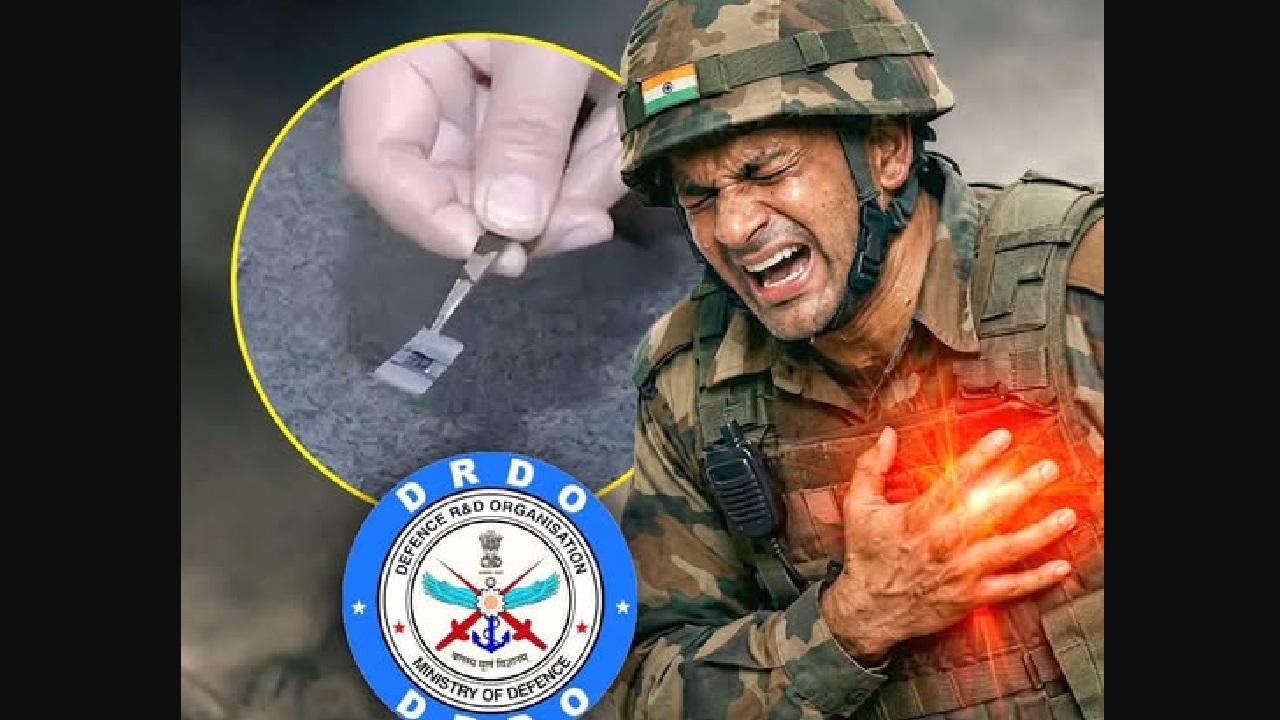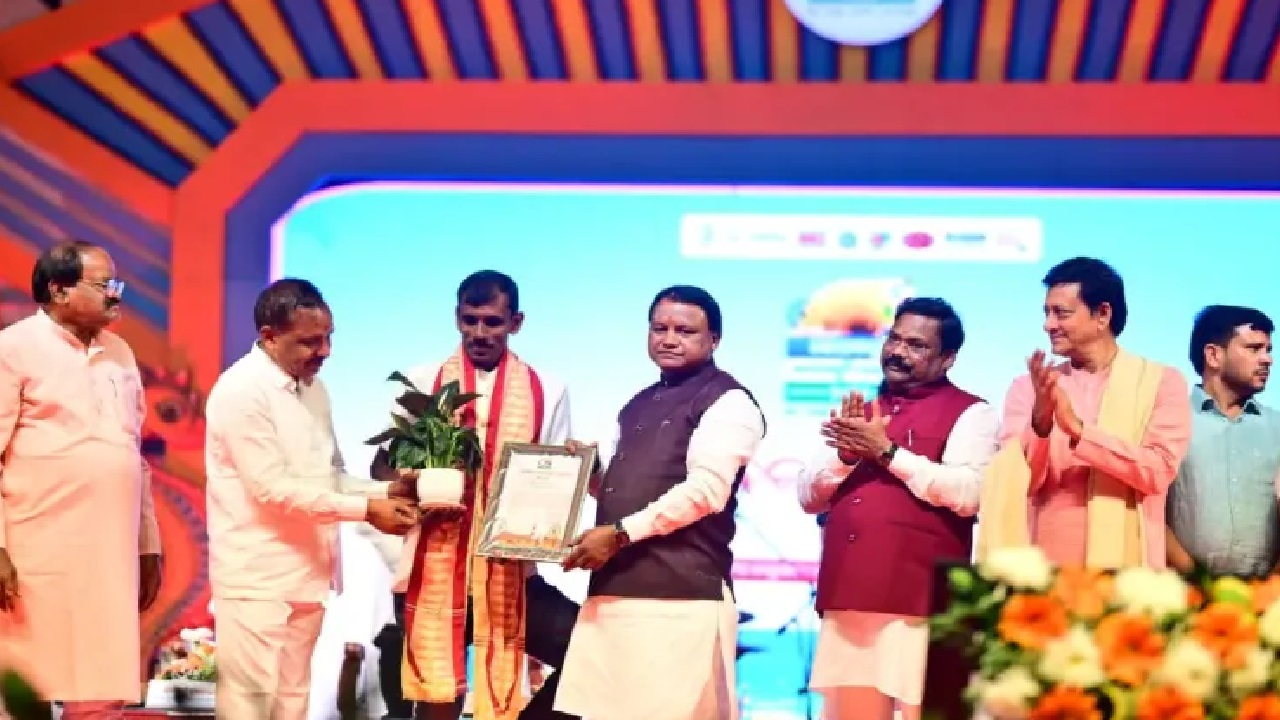Clarification on Compensation for Fallen Agniveer
The Indian Army issued a statement on Wednesday addressing allegations made by Congress leader Rahul Gandhi regarding compensation for the family of Agniveer Ajay Kumar, who tragically lost his life in the line of duty. The Army clarified that the family has already received a significant portion of the compensation and that the remaining amount will be paid soon.
In their statement shared on the social media platform X, the Indian Army confirmed that out of the total due amount, Rs 98.39 lakhs have already been disbursed to Agniveer Ajay’s family. The Army assured that an additional Rs 67 lakhs, which includes ex-gratia and other benefits as per the Agniveer Scheme, will be paid shortly after the completion of police verification. The total compensation is expected to amount to approximately Rs 1.65 crore.
Addressing Social Media Claims
The Indian Army’s statement was in response to various social media posts claiming that Agniveer Ajay Kumar’s family had not received any compensation. The Army emphasized its commitment to honoring the sacrifices of its personnel and ensuring timely financial support to their families. “The Indian Army salutes the supreme sacrifice made by Agniveer Ajay Kumar. His last rites were conducted with full military honors,” the statement read. “It is re-emphasized that emoluments due to a fallen hero are paid expeditiously to the next of kin of departed soldiers, including Agniveers.”
Political Allegations and Response
The issue gained attention after Rahul Gandhi accused Defence Minister Rajnath Singh of misleading Parliament regarding compensation for Agniveer families. Gandhi claimed that Singh had falsely stated that families of fallen Agniveers had received Rs 1 crore in compensation. He demanded an apology from the defence minister and called for a review of the Agnipath military recruitment scheme.
In a video posted on X, Rahul Gandhi shared a statement from Ajay Kumar’s father, who asserted that his family had not received any compensation. Gandhi criticized the government for not providing adequate support to the families of martyred soldiers and called for the discontinuation of the Agnipath scheme in favor of regular military recruitment.
Defence Minister’s Rebuttal
In response, Defence Minister Rajnath Singh defended the Agnipath scheme in the Lok Sabha, stating that it was implemented after extensive consultation with 158 organizations. He refuted Rahul Gandhi’s claims, asserting that the scheme ensures a compensation of Rs 1 crore for Agniveers who die in the line of duty.
Singh emphasized that the government is committed to the welfare of the armed forces and accused Gandhi of misleading Parliament. He requested the Lok Sabha Speaker to remove Gandhi’s statements from the record, asserting that they were baseless and intended to mislead the public.
Background on the Agnipath Scheme
The Agnipath scheme, introduced for short-term military recruitment, has been a point of contention. Critics argue that it does not provide adequate recognition or compensation for soldiers who lose their lives in service. Proponents of the scheme, however, highlight its potential to modernize the armed forces and provide opportunities for young people to serve their country. Despite the controversy, the government maintains that the scheme includes provisions for substantial compensation to the families of fallen soldiers, aiming to ensure that their sacrifices are honored and their families are supported.
The Indian Army’s clarification underscores its commitment to supporting the families of fallen soldiers and ensuring that due compensation is provided promptly. As the debate over the Agnipath scheme continues, the focus remains on the welfare of the armed forces and the recognition of their sacrifices. The Army’s response aims to reassure the public of its dedication to honoring those who serve and protecting their families’ interests.
This incident highlights the ongoing dialogue and differing perspectives on military recruitment and support for soldiers, emphasizing the need for clear communication and transparency in addressing such critical issues.
(With inputs from agencies)








